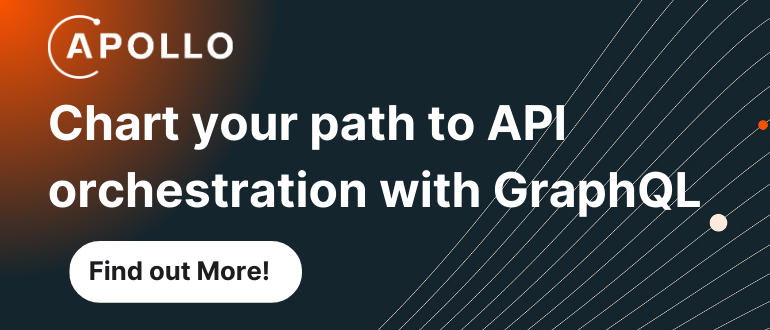Hi everyone. I’m Mitch Ashley, VP and practice lead for DevOps and application development with the Futurum Group. These are my predictions for 2025.
First, 2025 is go-time for AI in production. A lot of AI projects have been stuck in the pilot and prototype phases. Matter of fact, some estimates say that only a third of those have made it into production so far. This is the year where AI has to get real and start demonstrating value. That impacts how we develop traditional software as well. We will see vendors introduce capabilities that help us start to blend and coordinate workflows and pipelines across DevOps for both traditional software as well as AI projects, which tend to have some differences in how the workflows are performed. So look for those features maybe later in 2025.
Prediction number two, built-in AI, rather than bolt-on AI across the software development lifecycle. Much of the AI we use, particularly generative AI today, are things that are bolt-on. They’re chatbots, they’re natural language interface to it. They may be an IDE plugin that helps us generate code or get access to a code base. Increasingly, we’ll see more AI that is just a part of the products and the tools and the workflows, the tool chains that we use for creating software rather than an adjunct or separate thing. I think we’ll see a lot more productivity as more AI is really integrated into how we work rather than a feature of a product or a separate product.
Kubernetes dominance, that’s the next prediction. We tend to think of Kubernetes as the cloud-native container orchestration software. Of course, that’s what it is. We use it with microservices, containerized apps, all kinds of workloads. But that’s the point, is that Kubernetes has really expanded its use across virtually any kind of product and service that we may use. We may be provided by a third party, a service in the Cloud. It could be even on hardware, integrated hardware and software to use for storage solutions or in ed solutions. Kubernetes truly is everywhere and it has become the workload system for any kind of application or service. With that comes though, we need to up our skills in Kubernetes operational capabilities. It is complex. It’s getting simpler. We’re offloading more of that to third parties. But we’ll also see AI help us here with operationalizing Kubernetes, reducing some of the complexity and improving our overall ability to run it effectively.
Well, thank you for joining me for these predictions around DevOps and application development. I hope you’ll check out the full ebook of all the predictions by The Futurum Group analysts. We cover a number of areas, whether it be enterprise applications, AI, of course, infrastructure, security, you name it. We’ve got some great analysts and I hope you check out those predictions at Futurumgroup.com. Thank you.











